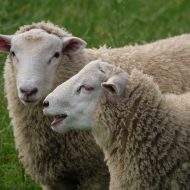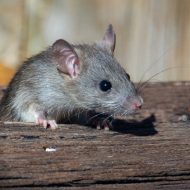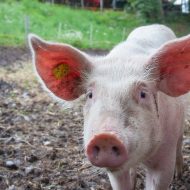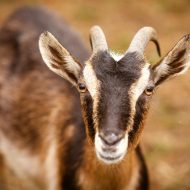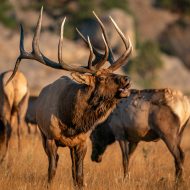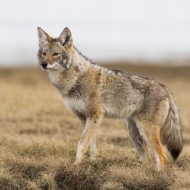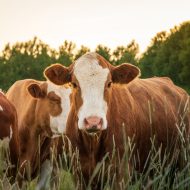Leptospirosis
Leptospirosis is a bacterial disease that both humans and animals can get. Cattle, pigs, horses, dogs, rodents, and other wild animals can have the disease.
Overview
How can I get sick?
- This bacteria spreads through pee and other bodily fluids (not including spit) which can then get into water or dirt. Humans and other animals can become infected* when they come in contact with the bacteria in water or dirt. The bacteria can go through skin (especially cut or broken skin) or through the eyes, nose, or mouth.
- Drinking, swimming, or walking in water that has the bacteria can spread infection.
Symptoms in humans:
- High fever (when your body gets hotter than normal)
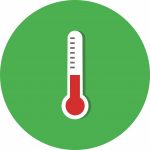
- Headache
- Chills (feeling of being cold and shivering)
- Muscle pain
- Throwing up
- Red eyes
- Stomach pain
- Diarrhea (runny poop)
- Rash
Symptoms in animals:
Some animals may show no signs of sickness while others might have the following:
- Fever (when your body gets a little hotter than normal)

- Throwing up
- Stomach pain
- Diarrhea (Runny poop)
- Not feeling hungry
- Tiredness
- Sadness
- Stiffness
- Very bad muscle pain
- In dogs- cannot birth puppies
What can I do to stay healthy?
- Do not swim, bathe, swallow, or dive in water such as streams or rivers after flooding or heavy rainfall.
- Do not touch urine, blood or sores/cuts from an animal or pet.
- Make sure to wear gloves, mask or boots when handling sore/cuts or urine.
- Always wash your hands after playing with pets or touching items that could have pet urine on them.
- Proper Handwashing – Wash your hands with soap and running water for at least 20 seconds. Make sure to scrub your thumbs, between your fingers and the tops and bottoms of your hands. Dry your hands with a paper towel.
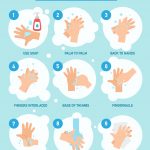
- Talk to your veterinarian about vaccines* for your pets.
- Try to keep rodents or other pests away from your home.
*Definitions:
- Infected: When germs get inside of a body, animal, or an organism.
- Vaccines: Shots given to humans and animals to keep them healthy and safe.
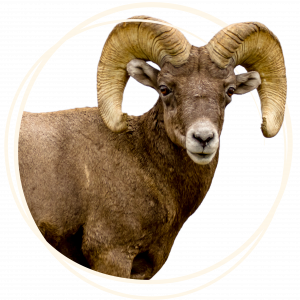
Learn About Other Diseases
Click below to learn more about the many different diseases that can spread between animals and humans.
Diseases


